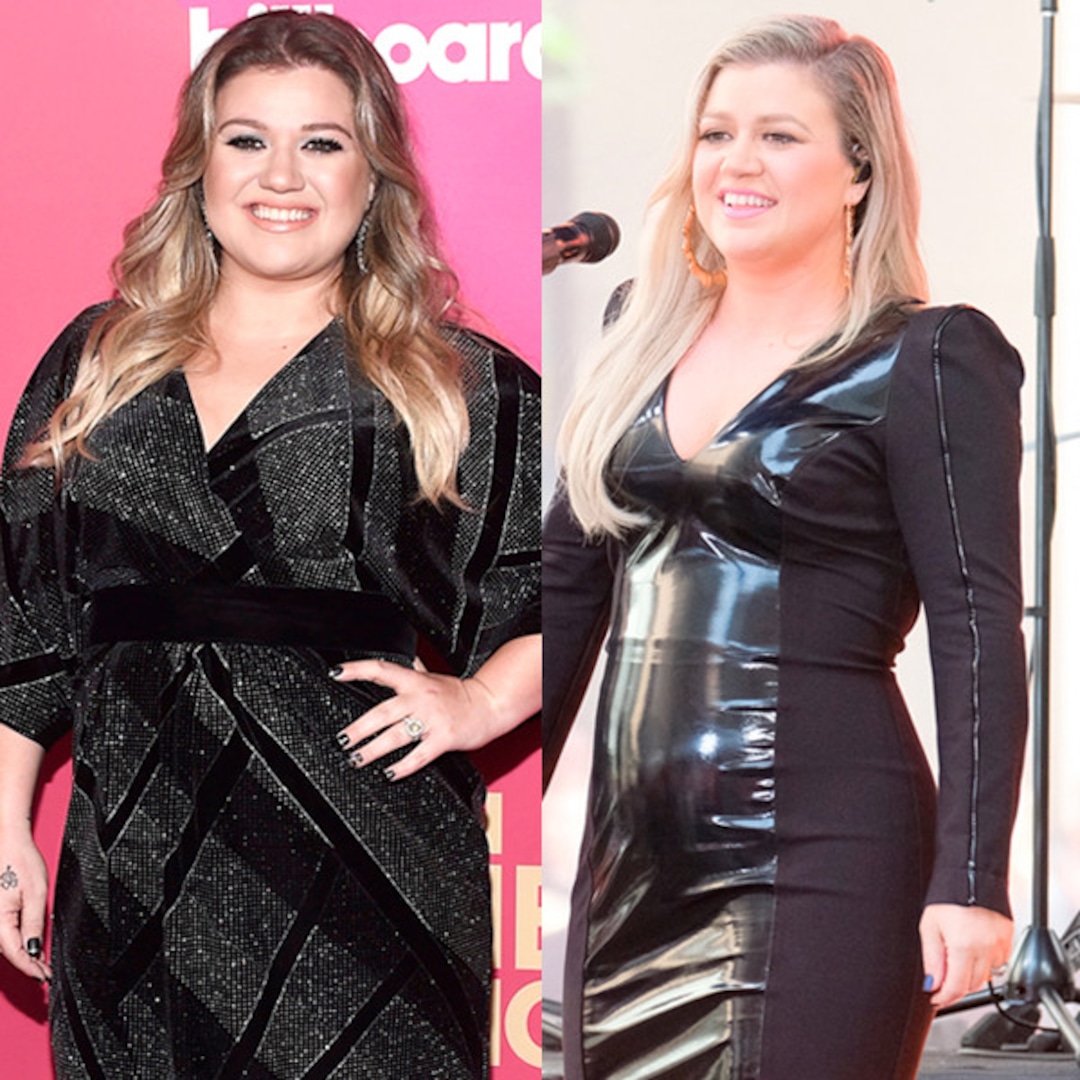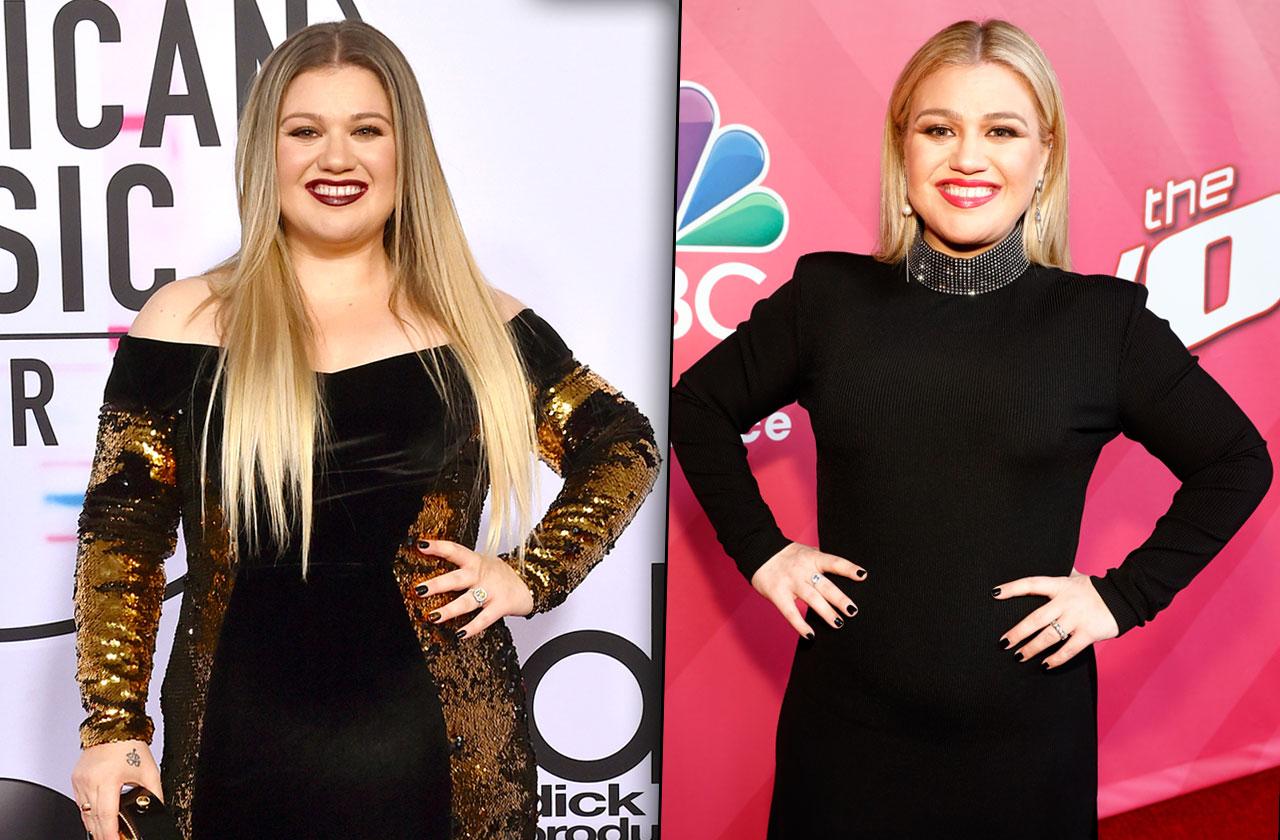Kelly Clarkson, a beloved singer and talk show host, has undergone a well-documented weight loss transformation in recent years. However, her journey has been hijacked by online scammers, falsely claiming that Clarkson used or endorsed keto gummies as part of her weight loss regimen. These claims have not only misled the public but have also tarnished Clarkson’s name through deepfake videos and fabricated advertisements.
In this article, we’ll dive into the details behind these weight loss scams, explain the truth about Clarkson’s actual weight loss journey, and guide you on how to avoid falling for similar fraudulent schemes.

The Emergence of the Kelly Clarkson Keto Gummies Scam
The scam surrounding Kelly Clarkson’s alleged endorsement of keto ACV (Apple Cider Vinegar) gummies first surfaced in 2023. Scammers used edited videos and photos of Clarkson to promote keto gummies, suggesting that she attributed her weight loss success to these products. Many of these ads appeared on social media platforms like Facebook and Instagram, often mimicking legitimate news outlets to appear credible.
One such scam involved using deepfake technology—a type of artificial intelligence that allows the creation of convincing but fake videos—to make it seem like Clarkson herself was endorsing these products. In reality, Clarkson never mentioned keto gummies in any interviews, nor has she been associated with weight loss supplements. Clarkson’s transformation has been achieved through diet, exercise, and under the supervision of medical professionals.

How the Scam Works
Scammers typically hijack well-known celebrity images and use fake endorsements to promote products like keto gummies. These products are often marketed as “miracle” solutions for quick and easy weight loss, claiming that they help users burn fat without making significant lifestyle changes. In Kelly Clarkson’s case, deepfake videos and manipulated images have made it appear as if she was personally recommending these products.
This fraudulent marketing tactic is not unique to Clarkson. Celebrities like Dolly Parton and Lori Greiner from “Shark Tank” have also been falsely linked to keto gummies and other dubious weight loss products. In many instances, these products are sold through shady online vendors, who use fake reviews and misleading information to lure in unsuspecting customers .
Kelly Clarkson’s Real Weight Loss Journey
In reality, Kelly Clarkson’s weight loss success is not the result of any miracle supplement. Clarkson has openly discussed her health journey, crediting her transformation to a high-protein diet and more physical activity after moving to New York City. She also shared that part of her health strategy included managing her pre-diabetic diagnosis, which motivated her to take better care of her health .
Clarkson has also debunked the rumors linking her to keto gummies. In 2024, she addressed the situation, stating that she has never endorsed any weight loss supplements and emphasized the importance of factual information when it comes to health decisions.

The Problem with Weight Loss Scams
Weight loss scams, such as the one falsely involving Kelly Clarkson, prey on people’s desires for quick and effortless weight loss solutions. However, most of these products are ineffective at best and harmful at worst. Scams like these often:
- Use false endorsements from celebrities to gain credibility.
- Promote unsubstantiated claims about the effectiveness of their products.
- Provide little to no evidence of clinical research backing their health benefits.
- Charge customers for auto-renewing subscriptions, making it difficult to cancel orders or receive refunds .
How to Identify a Weight Loss Scam
Here are a few tips to help you avoid falling for weight loss scams:
-
Check for official endorsements: Celebrities like Kelly Clarkson do not typically endorse products without proper press releases or official announcements. If you see an ad with a celebrity endorsement, verify it by visiting their official website or social media pages.
-
Be wary of miracle claims: If a product promises rapid weight loss without the need for diet or exercise, it’s likely too good to be true. Sustainable weight loss requires healthy lifestyle changes over time.
-
Look for reliable reviews: Many scams rely on fake reviews or testimonials. Check for reviews from trusted sources like reputable health websites or news outlets. Avoid products with overwhelmingly positive, but vague, customer reviews.
-
Verify the website’s authenticity: Scammers often create fake websites that mimic legitimate brands or news sites. Double-check URLs and look for telltale signs of a scam, like misspellings or inconsistent branding.
Frequently Asked Questions (FAQs)
1. Did Kelly Clarkson really endorse keto gummies?
No, Kelly Clarkson has never endorsed keto gummies or any other weight loss supplements. Ads or videos claiming otherwise are part of a scam involving deepfake technology and fraudulent marketing .
2. How did Kelly Clarkson actually lose weight?
Kelly Clarkson’s weight loss is attributed to a high-protein diet, increased physical activity, and medical guidance. She has publicly discussed her journey in interviews but has never promoted any weight loss supplements .
3. Are keto gummies effective for weight loss?
There is little scientific evidence supporting the effectiveness of keto gummies for weight loss. While they may help in conjunction with a ketogenic diet, they are not miracle products and should be approached with caution .
4. What is a deepfake, and how is it used in scams?
A deepfake is a type of AI-generated video that manipulates or replaces faces in videos to make it appear as though someone said or did something they did not. Scammers have used deepfake technology to make it seem like celebrities like Kelly Clarkson are endorsing weight loss products .
5. How can I avoid falling for weight loss scams?
To avoid scams, always verify the source of product endorsements, be skeptical of miracle claims, and rely on trusted health advice from professionals or credible publications .
6. What should I do if I’ve been scammed?
If you’ve fallen for a weight loss scam, report the fraudulent company to the Federal Trade Commission (FTC) or your local consumer protection agency. You should also contact your bank or credit card company to dispute any charges .
Conclusion
The rise of scams falsely linking Kelly Clarkson to keto gummies highlights the prevalence of fraudulent marketing tactics in the weight loss industry. As consumers, it’s important to stay informed, question miraculous claims, and rely on credible sources of information. Kelly Clarkson’s real weight loss story is a testament to the effectiveness of healthy lifestyle changes—not quick fixes offered by scam products.
By staying vigilant, you can avoid falling prey to similar scams and make informed decisions about your health.